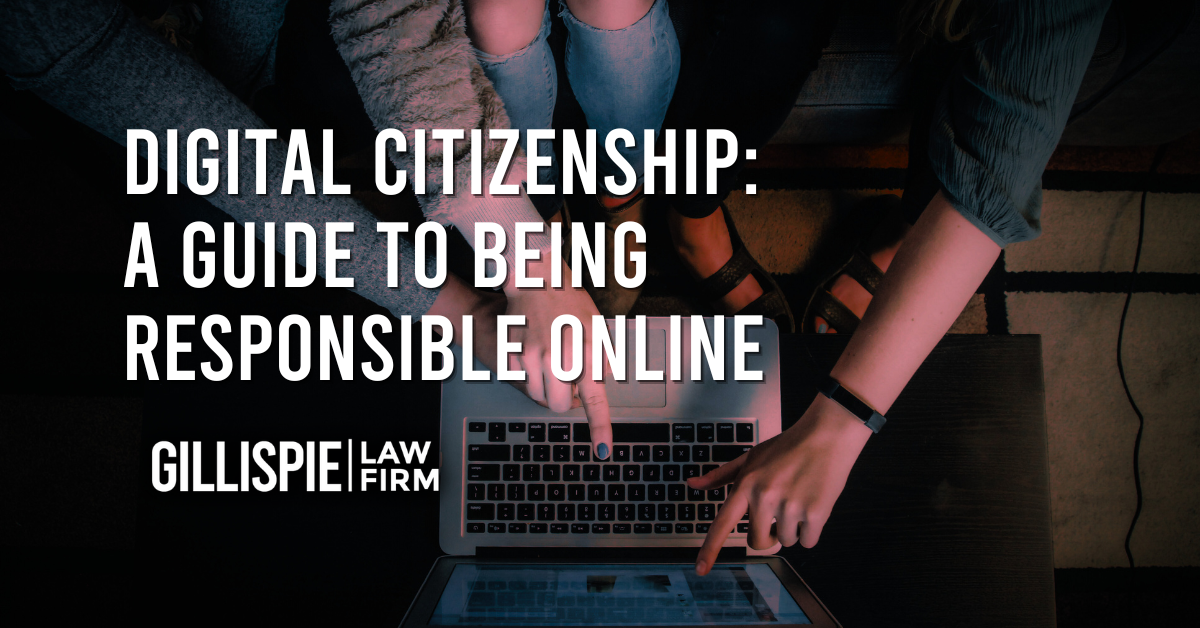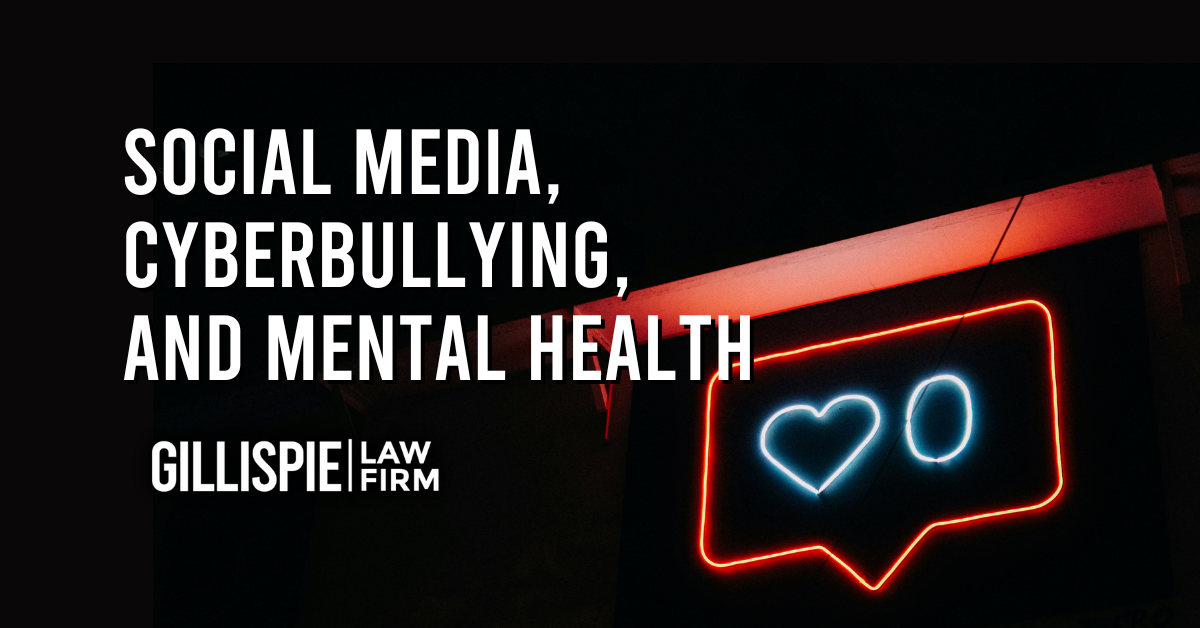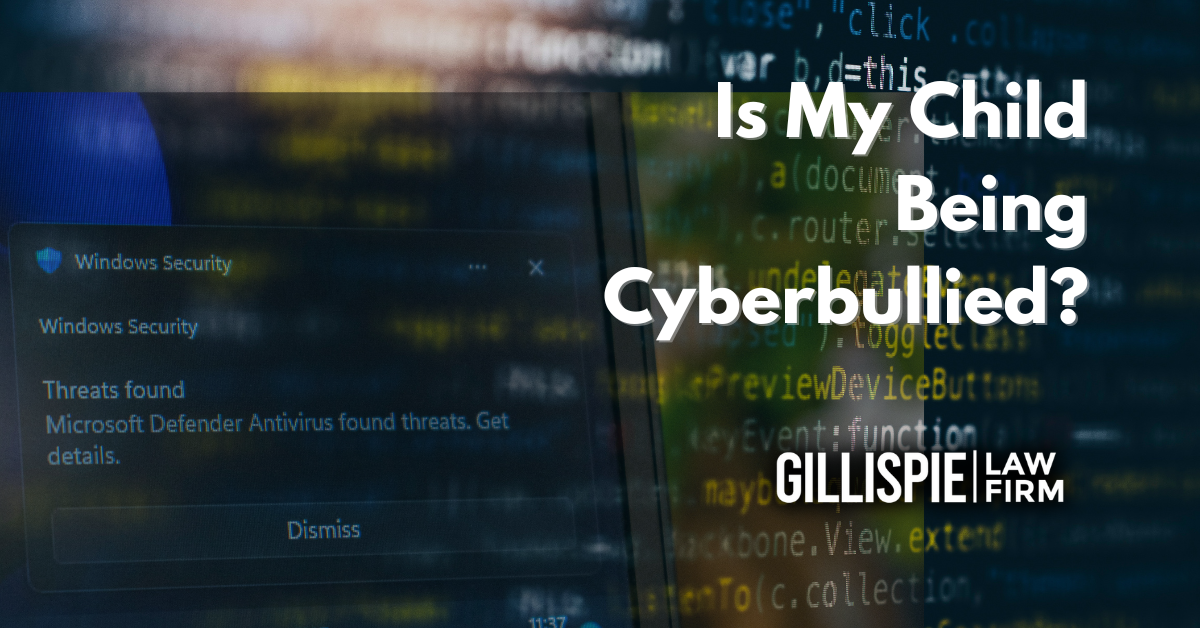Educate Your Children to Help Prevent Sexual Abuse
From the time they are born, we educate our children in ways to keep themselves safe. Whether it’s a hot pan, an unknown dog or cat in an alleyway, or that we shouldn’t take candy from strangers. However, children often don’t learn about body safety until much later, like in middle school health classes or assemblies about consent and dating. In some situations, this education comes too late. It does seem like a topic for older children. You might believe your child is too young for this. Unfortunately, child sex abuse does not wait until later to happen. Taking steps to educate your children early can help protect them from being victimized.
Names of Body Parts
A lot of the time, our children learn ‘cutesy’ words to describe their private parts. Some people use ‘cookie’, ‘marshmallow’, or even just ‘bottom’. Ultimately, when children know the words for their body parts they find it easier to ask for help. If a child reports abuse to someone other than a parent who doesn’t know the meaning of the word ‘cookie,’ they may not report the abuse, prolonging the child’s trauma. Being comfortable using words like ‘penis’ or ‘vagina’ and knowing what they mean will help your child clearly communicate. As parents we should also be comfortable using those words. Our children model our behavior and if you are hesitant to use a word, your child might hesitate as well.
Setting and Respecting Boundaries
Boundaries protect a person’s personal and/or emotional wellbeing. This includes bodily autonomy and consent. Families teach children about boundaries, but it’s crucial to include who can touch them and whom they can touch. Your child should know that no one should be touching their private parts. That they should not touch other child’s private parts. That for no reason should someone ask your child to touch their private parts. Sexual abuse can often begin with someone asking your child to touch them or someone else. This lesson goes beyond ‘keeping our hands to ourselves’ as it educates our children that they are also allowed to say no.
Body Parts are Private
Like our tip on setting boundaries, it’s important that your child understands that we call out private parts “private” for a reason. While it is okay to be naked around parents and trusted adults at home, having our clothes off outside of the house is not. Explain that doctors may touch private areas during exams, but only with a parent present. When we are at the swimming pool, it is okay to not have all of our clothes on, but we should never take our clothes off around strangers. This tip can also be combined with teaching the names of body parts. If your child attempts to take their clothes off in a public space, you can remind them that we keep those body parts private.
These are just three ways to help educate your children. If your child is approached by a predator, they know how to report it. Furthermore, abused children with proper knowledge and vocabulary can more easily disclose the abuse. Our actions as parents influence and mold the futures of our children. Educated children are safer children.
Stay tuned next week for part 2.



